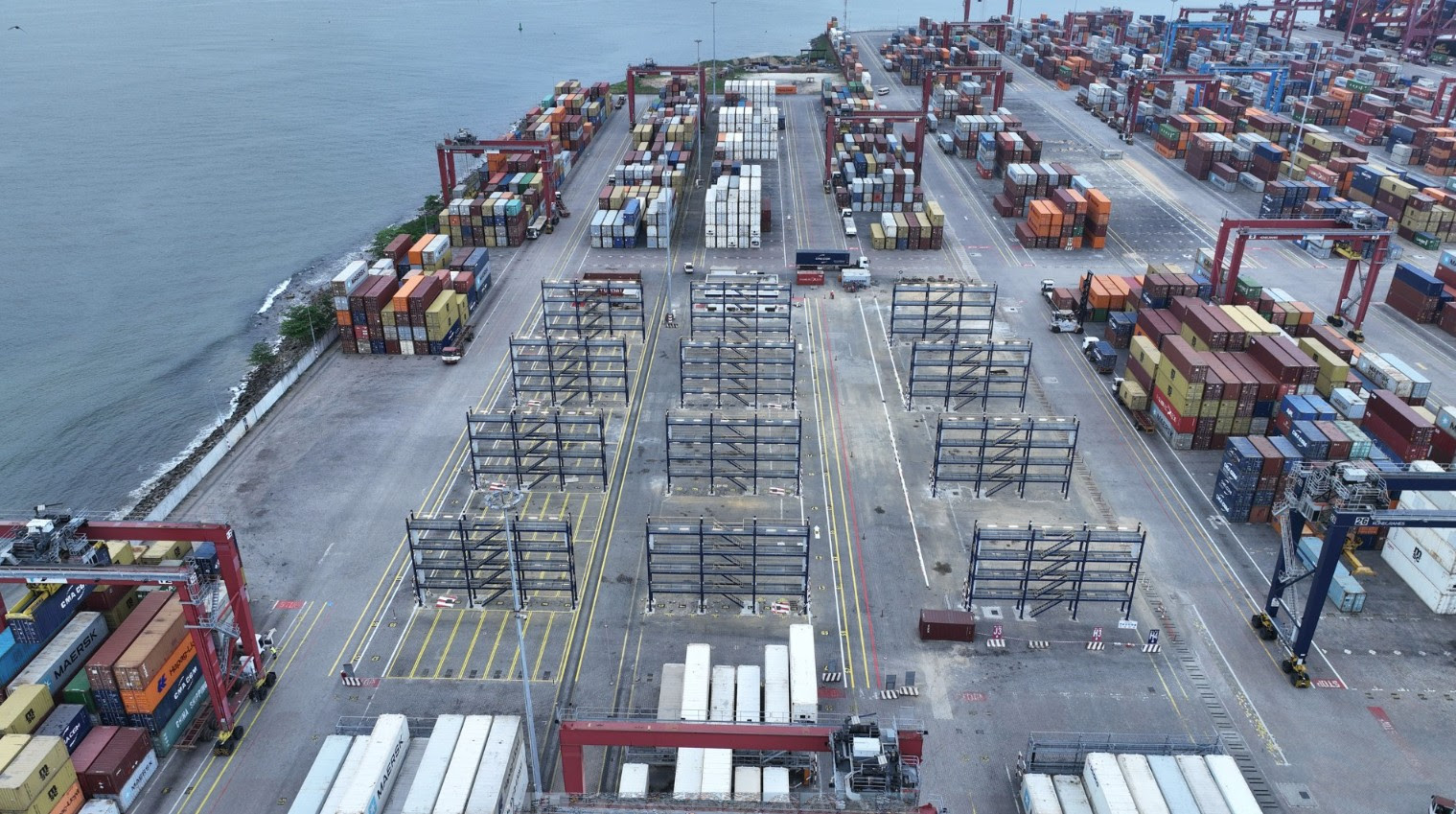Logis-T Africa – A significant shift is coming to South Africa’s ride-hailing industry as the amended National Transport Act grants new powers to Transport Minister Sindisiwe Chikunga. The most notable change is the minister’s ability to set ride-hailing prices, a responsibility previously held by the platforms themselves.
This move has been met with mixed reactions from industry stakeholders. The E-Hailing Partners Council (EHPC), representing ride-hailing operators, welcomes the changes. Melithemba Mnguni, a spokesperson for the EHPC, views the amendments as long overdue, particularly regarding pricing, safety regulations, and improved communication between platforms and drivers. Mnguni highlighted historical concerns about driver compensation and market saturation. While platforms may resist the price control measures, operators believe this will lead to fairer compensation structures. They hope their input will be considered when establishing the new pricing system.
However, not everyone shares this optimism. Kenny Moretsele, a Bolt operator and head of the Ekurhuleni e-hailing association, expresses concerns about the vagueness surrounding price regulation rules within the bill. He worries that this could lead to “price dumping,” a scenario where competitors engage in aggressive price cuts, potentially harming the industry.
The amended act, signed into law by President Ramaphosa after 13 years of deliberation, finally integrates ride-hailing services into the national transportation framework. The Department of Transport views this as a positive step and will focus on securing approval for the new regulations.
These regulations aim to streamline operations for ride-hailing companies by eliminating the need for charter permits and meter taxi licenses. Additionally, the changes empower Minister Chikunga to establish new regulations and safety measures while simplifying the process for obtaining operating licenses. Obtaining such licenses has been a persistent hurdle for ride-hailing companies in the past.
South Africa’s revamped ride-hailing landscape promises both opportunities and challenges. While driver representatives hope for fairer compensation through government-mandated pricing, concerns linger about the potential for price wars and the clarity of the new regulations. As the Department of Transport navigates the implementation phase, the ride-hailing industry in South Africa braces for a period of adjustment and adaptation.






